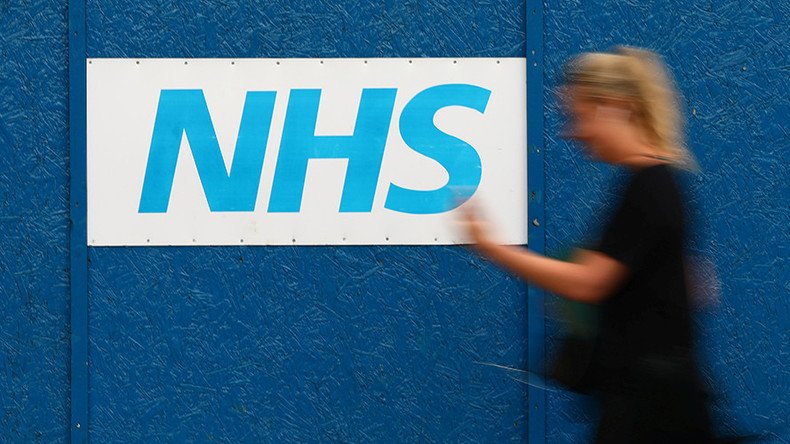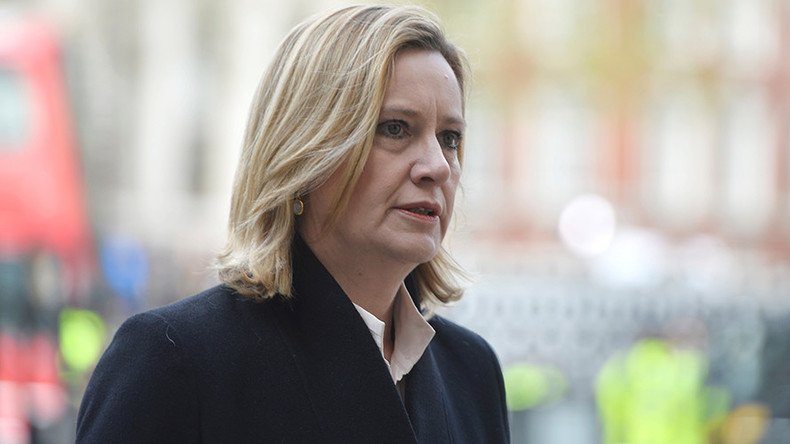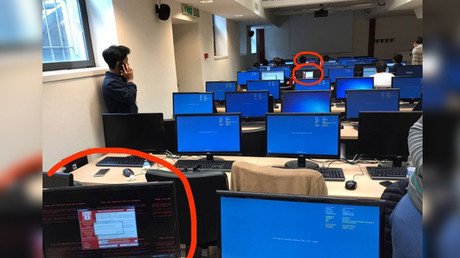'97% of NHS trusts working as normal after cyberattack’ – Home Secretary Rudd

All but six of the 248 NHS trusts in the UK are back to full function following the WannaCry ransomware attack, says Home Secretary Amber Rudd, who has fended off accusations that the health service was unprepared for the digital threat.

"I'd like to commend the work that NHS staff have done to ensure the hospitals and patient surgeries continue to run smoothly," Rudd said after an emergency COBRA meeting at Whitehall on Saturday. "In fact, 97% of the NHS trusts and hospitals are working as normal."
While A & E services were reported to be working as normal, in some hospitals, appointments scheduled for Monday were postponed.
The statistics did not include Scotland, where 11 out of 14 trusts had been affected, which was still in “recovery phase” in the aftermath of the disruption.
In what was labeled by Europol as an unprecedented attack, at least 75,000 PCs in around 100 countries were infected by malware that demanded a ransom payment of $300 dollars to unlock files, threatening to delete them otherwise.
In the UK patient data, tests results, schedules and other key files were encrypted by the malware, causing temporary chaos, then paralysis.
Labour’s Shadow Health Secretary Jonathan Ashworth blamed the government for allowing hospitals to use Windows XP, an outdated system that has not had tech support for two years, rendering it vulnerable to exploits used by WannaCry.
"It is disappointing that they have been running Windows XP - I know that the Secretary of State for Health has instructed them not to and most have moved off it," Rudd told Sky News. "Where the patient data has been properly backed up, which has been in most cases, work can continue as normal because the patient data can be downloaded and people can continue with their work."
Despite Labour’s calls for an inquiry, Rudd said that it was unfair to single out the NHS as the victim of a global phenomenon, which used a vulnerability that was allegedly first identified and used by the NSA.
"If you look at who's been impacted by this virus, it's a huge variety across different industries and across international governments. This is a virus that attacked Windows platforms... I don't think it's to do with preparedness,” Rudd told the assembled media. "There's always more we can all do to make sure we're secure against viruses, but I think there have already been good preparations in place by the NHS to make sure they were ready for this sort of attack."














